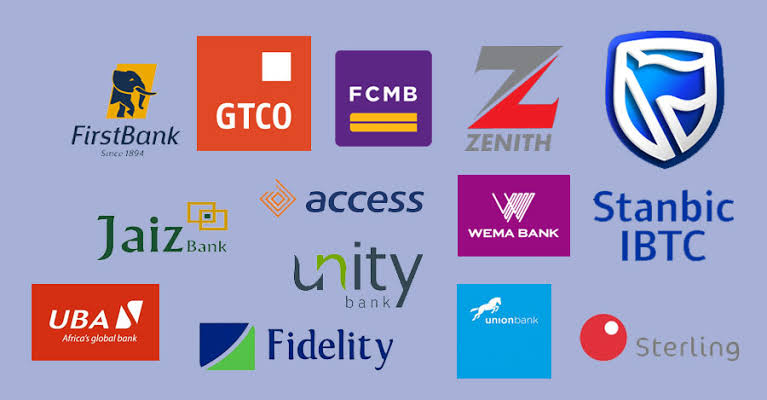In response to the rapidly changing landscape of the banking industry, many Nigerian banks have recently undertaken significant upgrades to their core banking systems. This wave of technological transformation was initiated by Sterling Bank on September 10, when it transitioned to a new core banking platform known as SeaBaaS. However, this shift led to temporary accessibility issues for its customers, who faced difficulties accessing their funds for several weeks.
Following Sterling Bank’s lead, other major financial institutions, including Zenith Bank, Guaranty Trust Bank (GTB), and First Bank, have also upgraded their core banking systems. These transitions, however, resulted in widespread service disruptions, failed business transactions, and left many customers unable to conduct transactions or make purchases.
Understanding Core Banking Applications
Core banking applications are essential software systems that banks use to manage critical processes such as customer account management, transactions, and risk management. They facilitate the processing of daily transactions and ensure that updates are accurately reflected in accounts and other financial records.
Challenges Faced During Migration
The migration process was not without its challenges. Investigations revealed that banks failed to adequately inform customers of the impending changes and potential disruptions. Additionally, there was a lack of training and support for elderly customers who may not be as tech-savvy, leaving them unprepared for the software updates.
Moreover, the simultaneous implementation of these migrations across multiple banks further compounded the issue, lacking a customer-centric approach. Banks also did not provide interim solutions to support high-value account holders, which could have mitigated the impact of these disruptions.
Why Migration is Necessary
Several factors have driven the need for Nigerian banks to migrate to new core banking systems. The devaluation of the naira has pressured banks to adopt more cost-effective solutions that still deliver robust services. Additionally, the increasing threat of cyberattacks has necessitated the move to more secure and fraud-resistant systems to better protect customer accounts.
Modern core banking systems offer enhanced flexibility and scalability, equipping banks to meet evolving market demands and support future growth. These systems also facilitate seamless integration with third-party providers, enabling banks to expand their service offerings and deliver innovative solutions to their customers.
Regulatory Considerations
While core banking system upgrades do not require formal approval from the Central Bank of Nigeria (CBN), banks typically inform the CBN of their plans as a courtesy. Importantly, customers’ funds remain secure during these system upgrades and migration exercises.


